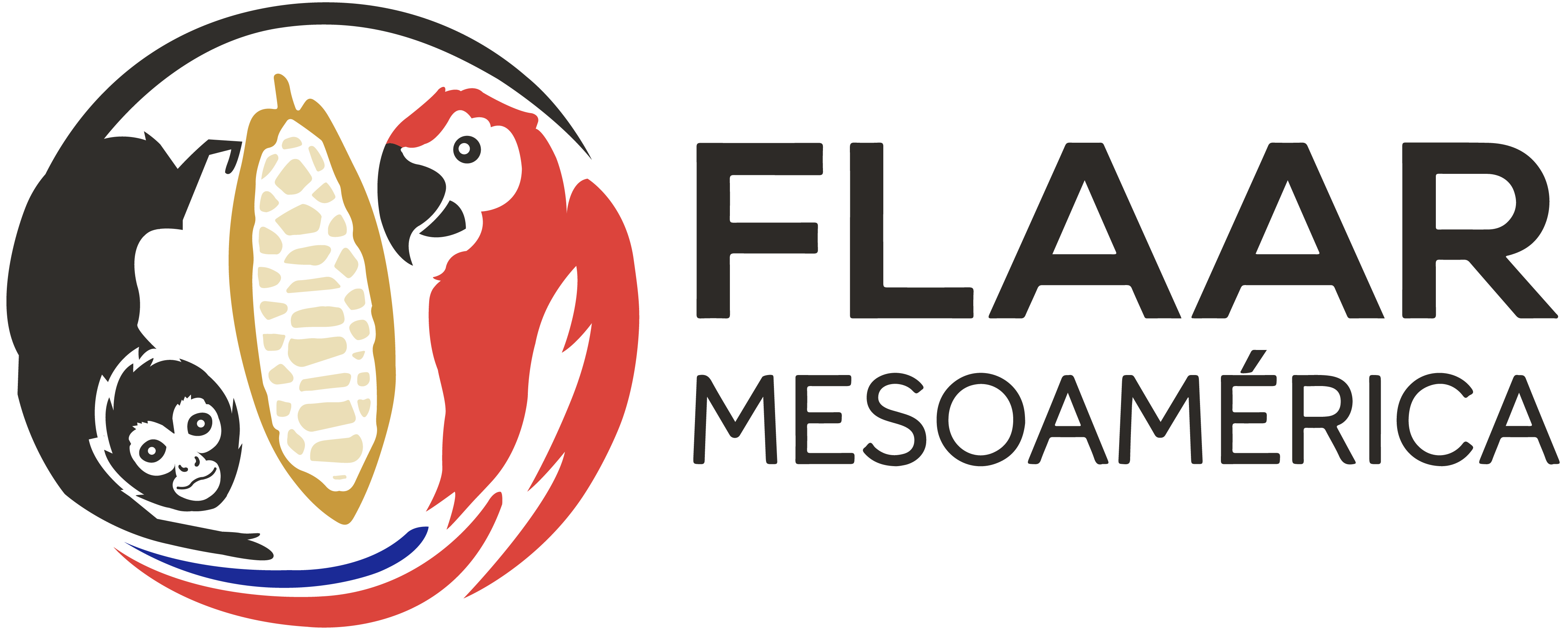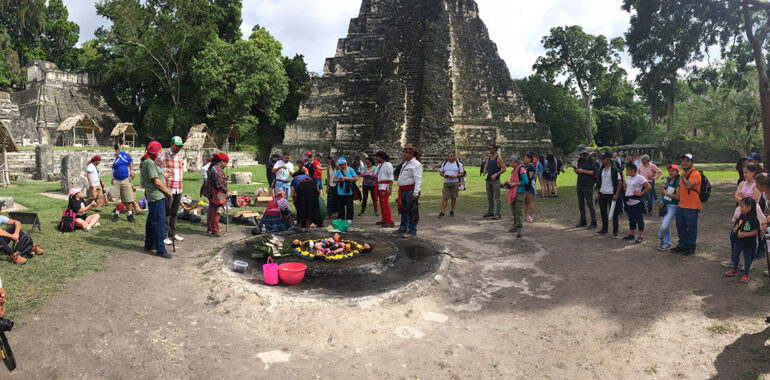For those unfamiliar with the richness of Mayan culture, it may come as a surprise that these ancient traditions offer valuable lessons and tools essential for addressing contemporary challenges in science, peace, and development. On this World Science Day for Peace and Development, we honor the preservation of this ancient wisdom for its contributions at both scientific and social levels.
1. Ecological Knowledge and Sustainability
Some contemporary Mayan communities have preserved traditional agricultural techniques, such as milpa, crop rotation, and terracing, which promote crop diversity and soil health. This integrated agricultural approach has not only allowed them to survive but also to thrive, achieving high levels of development in the challenging and diverse environment of Mesoamerica.
For instance, milpa is a polyculture that associates maize with beans and squash, which has historically enhanced the resilience and productivity of crops while maintaining soil fertility. Research has shown that this ancestral Mesoamerican association of beans and maize is more productive than their respective monocultures (Ebel et al., 2017).
In today’s world, facing climate change, the ecological knowledge of the Mayans inspires sustainable practices. Mayan culture emphasizes great respect for nature and seeks to live harmoniously with the environment. This underlying ethic also underscores the importance of conserving Mesoamerican biodiversity, which is essential for planetary health and the survival of many species, including humans.
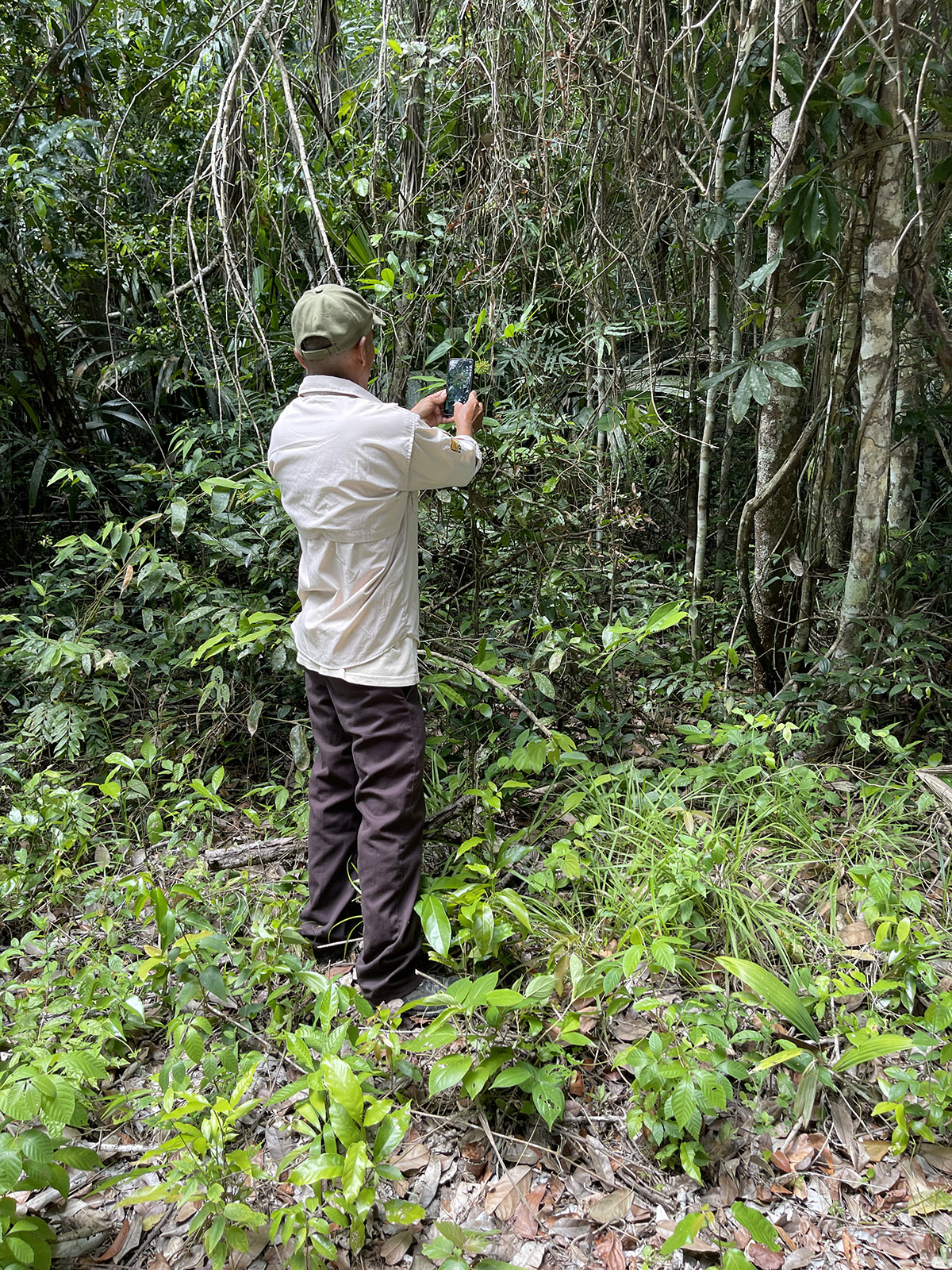
Yaxha road to Nakum park ranger taking snapshots of plants iPhone 12pro.
2. Contributions to Science
Mayan culture is renowned for its advancements in mathematics, astronomy, and architecture. The Mayans developed a vigesimal numerical system and were pioneers in the use of zero, concepts that are fundamental to modern mathematics. Their meticulous observations of astronomical cycles enabled them to create precise calendars, such as the Tzolk’in and the Haab’, which continue to be studied today. Demarest (2004) highlights how these scientific achievements were crucial for the social organization and agricultural planning of the Mayans.
This scientific legacy serves as a significant source of inspiration for contemporary researchers. By integrating their ancestral wisdom with modern science, we can address complex problems from a more holistic perspective. For these substantial contributions, the preservation and dissemination of Mayan culture are of paramount importance.
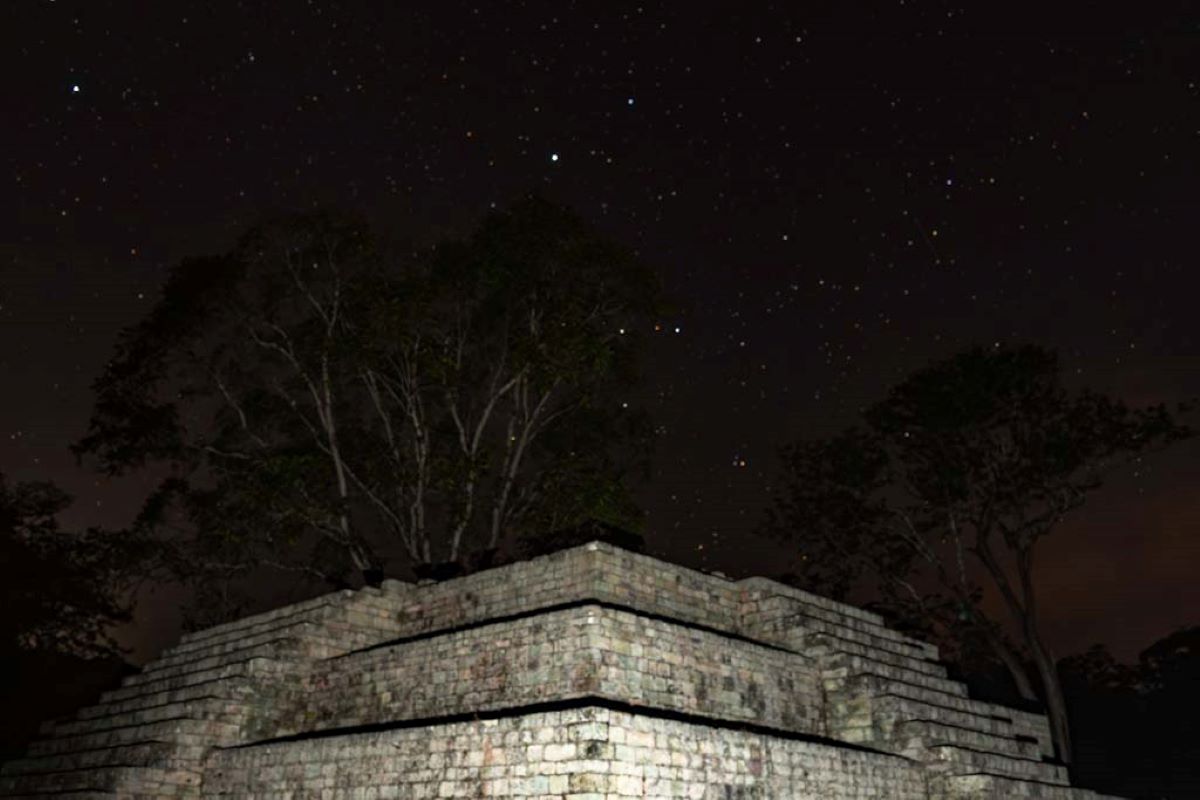
Copan Honduras Temple Copan Ruins May 2024. Photo by Edwin Solares.
3. Promotion of Peace through Mayan Cosmovision
Mayan cosmovision, which advocates for the interconnectedness of all living beings and the pursuit of balance, holds strong potential for promoting peace. According to Campos (2008), the ethical view of nature in Mayan culture reflects a profound respect and connection with the environment. In an era marked by conflict and division, the Mayan philosophy reminds us of the importance of unity and cooperation. Their emphasis on respect for nature and among peoples can serve as a model for resolving disputes and fostering reconciliation.
Initiatives such as intercommunity dialogues in Guatemala have begun to incorporate these principles, promoting a conflict resolution approach based on Mayan cosmovision. Chirix (2003) also emphasizes the role of Mayan women in building more united and peaceful communities. Thus, this cosmovision not only promotes peace but also highlights the protection of Mayan wisdom as essential for cultural identity, community resilience, and the well-being of the natural environment.
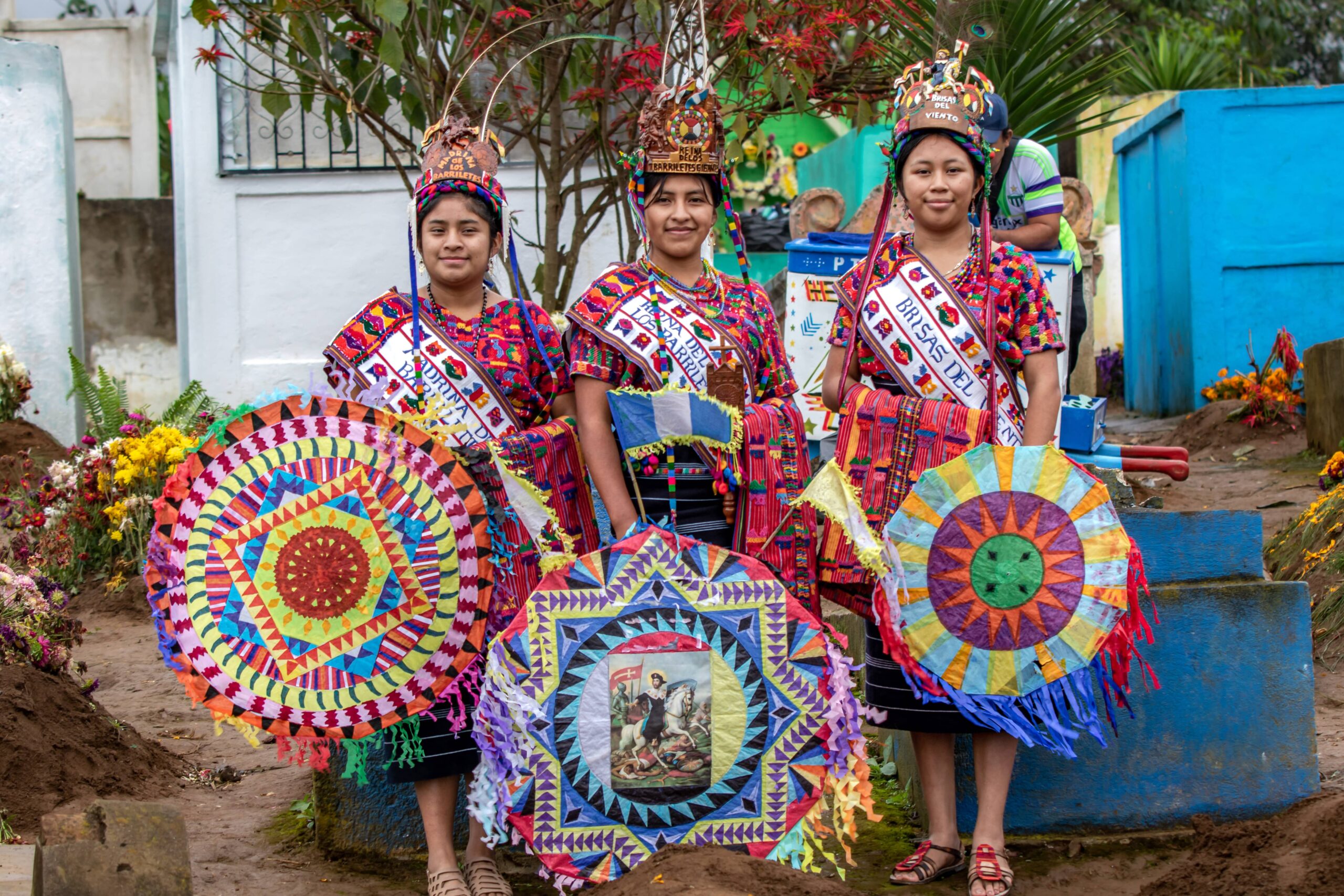
Kittes Festival Santiago Sacatepequez Edwin Solares 2023.
4. Community Development and Empowerment
Mayan culture underscores the importance of community; from decision-making to problem-solving, the Mayans have emphasized collective work. This approach has enabled communities to effectively and sustainably face challenges. The Political Association of Mayan Women, MOLOJ (2003), also emphasizes how the political thought of Mayan women has been key in building good governance.
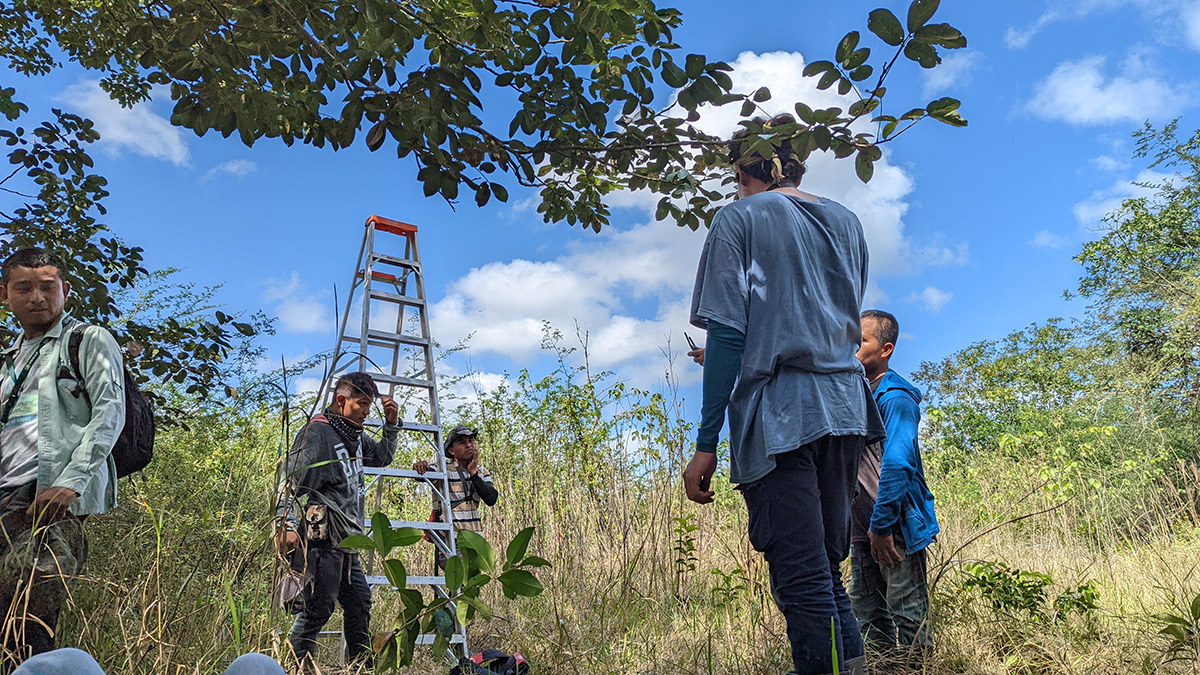
Agricultural cooperatives in Mayan communities exemplify this community model. These organizations not only generate income but also empower members by allowing them to participate in decision-making regarding their resources and futures. This sense of belonging and active participation is fundamental for well-being and development. As Acosta (1998) suggests, development should focus on communities and be inclusive, promoting local empowerment and autonomy.
This is precisely the approach promoted by FLAAR: by empowering local communities and fostering active participation, we can create more effective solutions tailored to specific needs, thereby promoting peace and development.
5. Cultural Resilience and Adaptability
Mayan culture has demonstrated remarkable resilience over the centuries. Despite historical challenges such as colonization and globalization, Mayan communities have maintained and adapted their traditions, achieving cultural continuity. This capacity to adapt and reinvent themselves offers valuable lessons in the contemporary world, where change is the only constant.
Mayan festivals and rituals, which have been preserved and adapted, are a testament to this resilience. By keeping their traditions alive, communities not only celebrate their identity but also strengthen their social cohesion. Consequently, the protection of Mayan wisdom is crucial to ensure that these traditions remain relevant and beneficial in a constantly changing world.

Textile manufacturing in Quetzaltenango. Photo by Edwin Solares 2024.
Conclusion
Mayan culture is much more than a legacy of the past; it is a source of wisdom and knowledge that can guide us in seeking solutions to current problems. Its emphasis on sustainability, science, peace, community development, and resilience are aspects that can transform our societies. We can contribute to a more balanced and just world by integrating these principles into our lives and communities.
In a moment when the planet faces unprecedented challenges, embracing the teachings of ancestral cultures like the Mayans is not merely an act of recognition but a necessity. Their legacy aids us in building a more sustainable, peaceful, and prosperous future for all. Thus, we have seen how the protection of Mayan wisdom and its multiple scientific contributions to peace and development, particularly the conservation of Mesoamerican biodiversity, are fundamental for achieving a sustainable and equitable future worldwide.
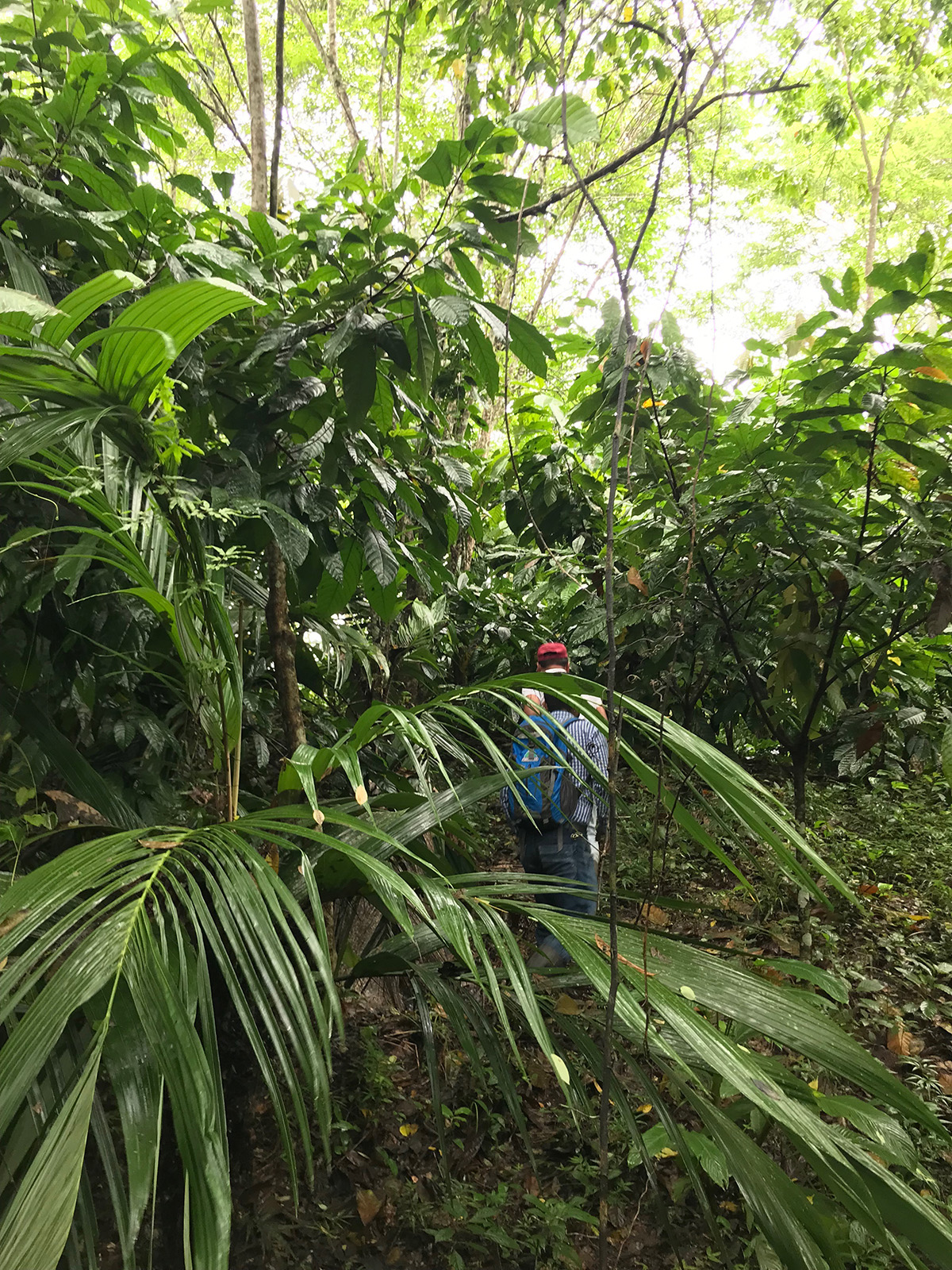
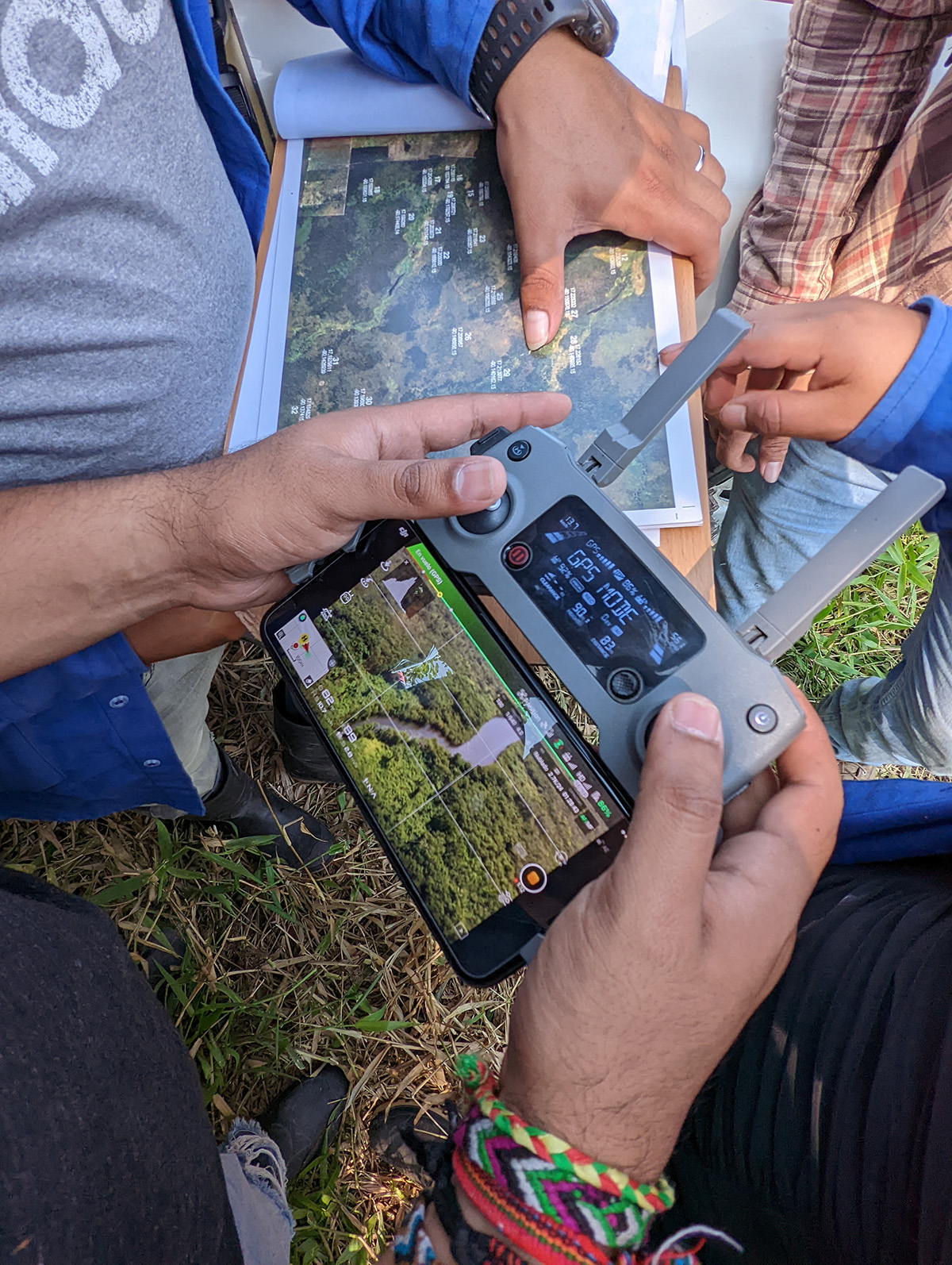
References
- 1998
- «Algunos elementos para repensar el desarrollo: Una lectura para pequeños países». Revista El desarrollo en la globalización – El reto de América Latina, Nueva Sociedad e ILDIS (FES), [Caracas], 113(140), 113-134.
- 2003
- Pensamiento político de las mujeres mayas y ladinas en la construcción de un buen gobierno. Guatemala, Editorial Cholsamaj.
- 2008
- Visión ética de la naturaleza en la cultura maya. Revista Herencia, 21(2).
- 2003
- Alas y raíces, afectividad de las mujeres mayas. Guatemala, Nawal Wuj.
- 2004
- Ancient Maya: The rise and fall of a rainforest civilization. Cambridge: Cambridge University Press.
- 2017
- Manejo orgánico de la milpa: rendimiento de maíz, frijol y calabaza en monocultivo y policultivo. Terra Latinoamericana, 35(2), 149-160.
Written by Luz Muñoz, International relations Professional.
